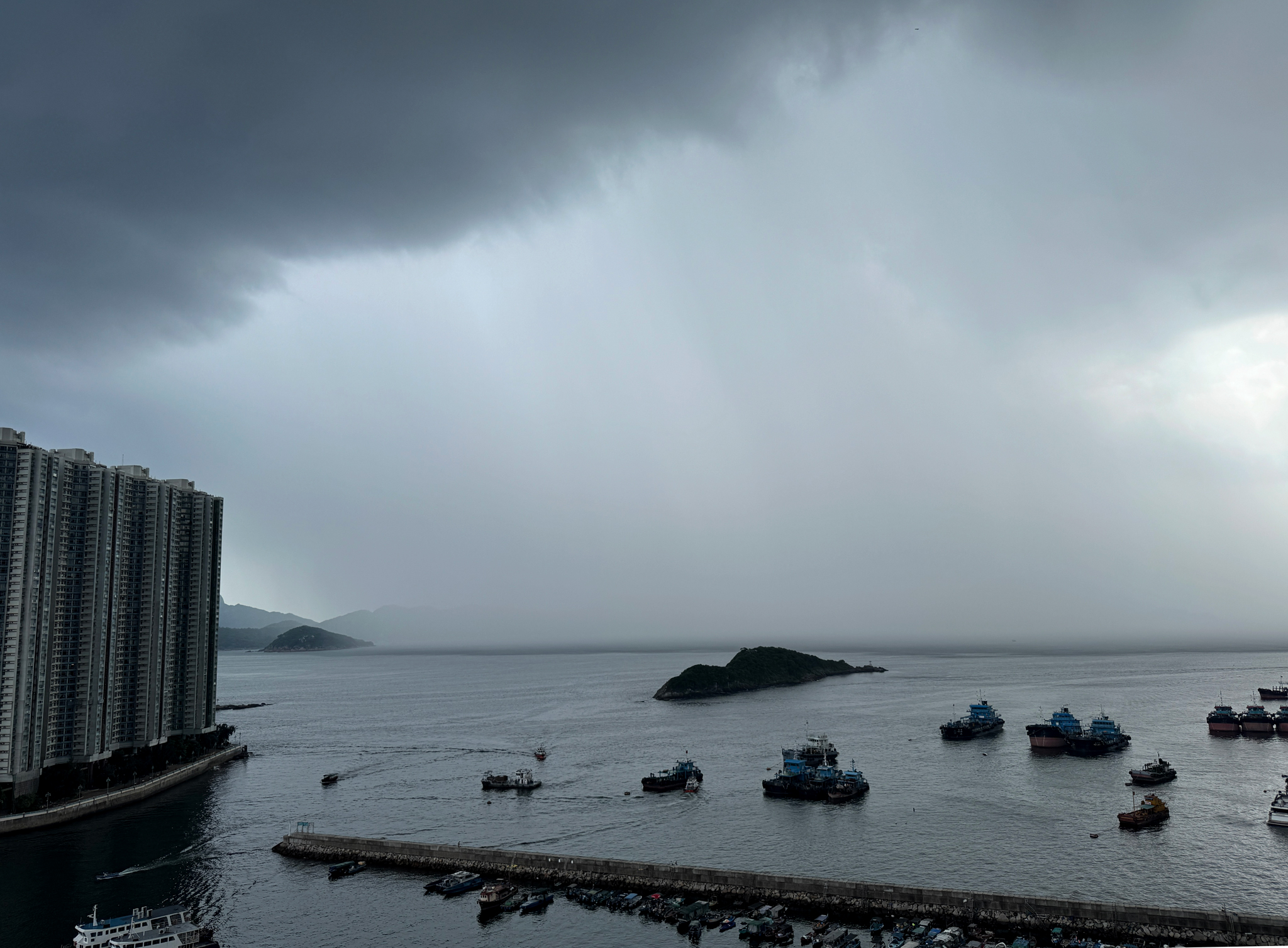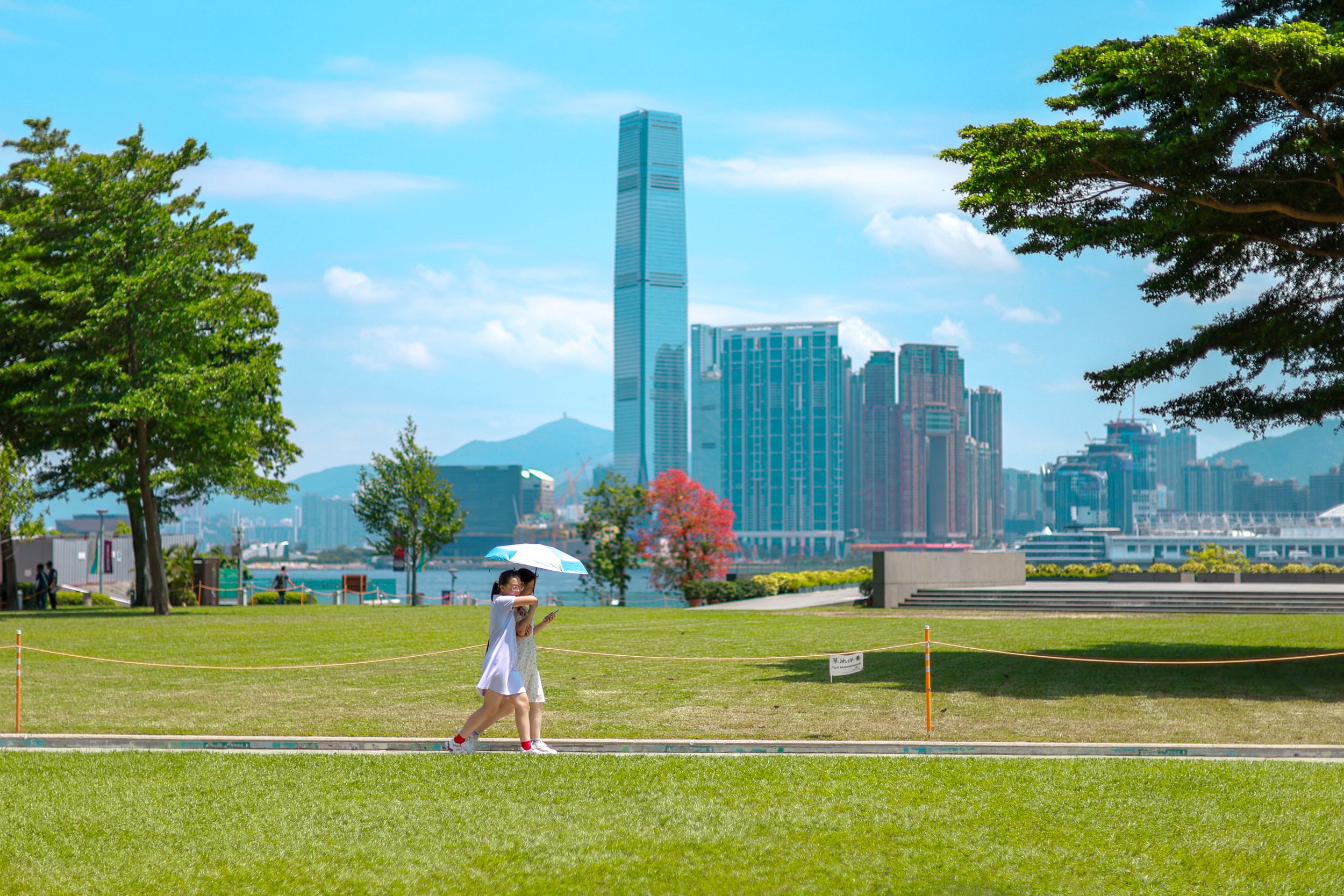
HONG KONG – Typhoon signal No. 1 will remain in force at least until Sunday noon, the Hong Kong Observatory has said, ruling out the chance of issuing higher tropical cyclone warning signals.
At 6:45 am on Saturday, the forecaster issued a “very hot weather” alert, warning that the local weather will be very hot during the day and on Sunday, with temperatures reaching 35 degrees Celsius or above in some parts of the territory.
Danas is expected to skirt around 400 kilometers east to southeast of Hong Kong Saturday night to Sunday morning.
READ MORE: T1 signal to stay till Saturday noon as tropical depression nears HK
“According to the forecast track, Danas will then accelerate northeastwards in the general direction of the western coast of Taiwan to the vicinity of Taiwan Strait, departing from Hong Kong gradually,” reads an HKO bulletin issued at 4:45 pm.

When Danas no longer poses a threat to Hong Kong, the observatory will cancel all tropical cyclone warning signals, it added.
The observatory cautioned the public that high temperatures will trigger showers and squally thunderstorms. As there are swells, it advised people to stay away from the shoreline and not to engage in water sports.
ALSO READ: Observatory: HK could see up to eight typhoons this year
“Under the influence of prolonged heat, members of the public should stay on the alert to prevent heat stroke or other discomforts related to very hot weather and pay due attention to health conditions,” HKO said.
It advised those more vulnerable to heat stroke to avoid outdoor activities and stay away from hot environments as far as possible. “Stay in cool, well-ventilated or air-conditioned places,” it added.


